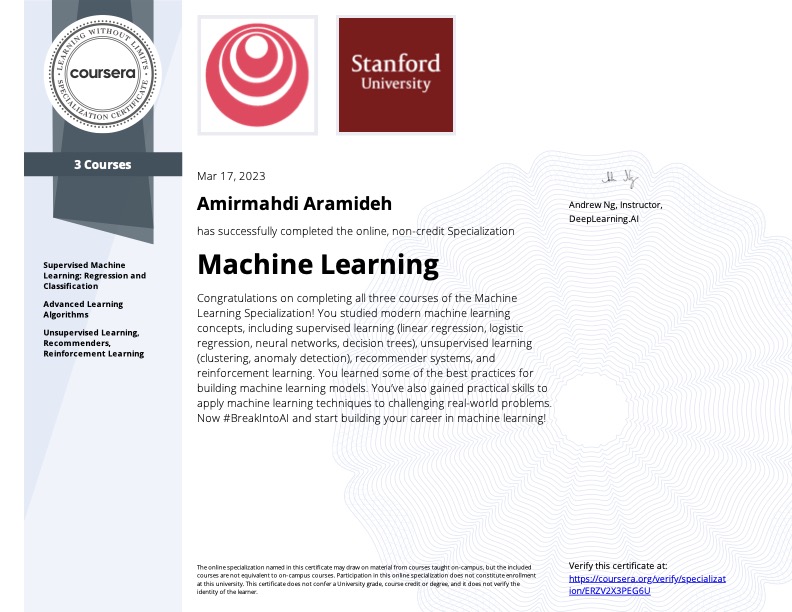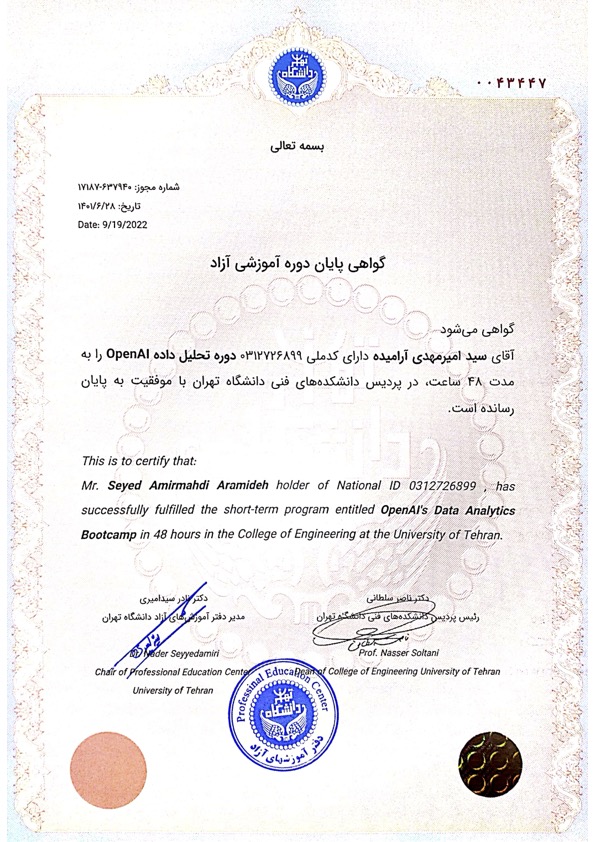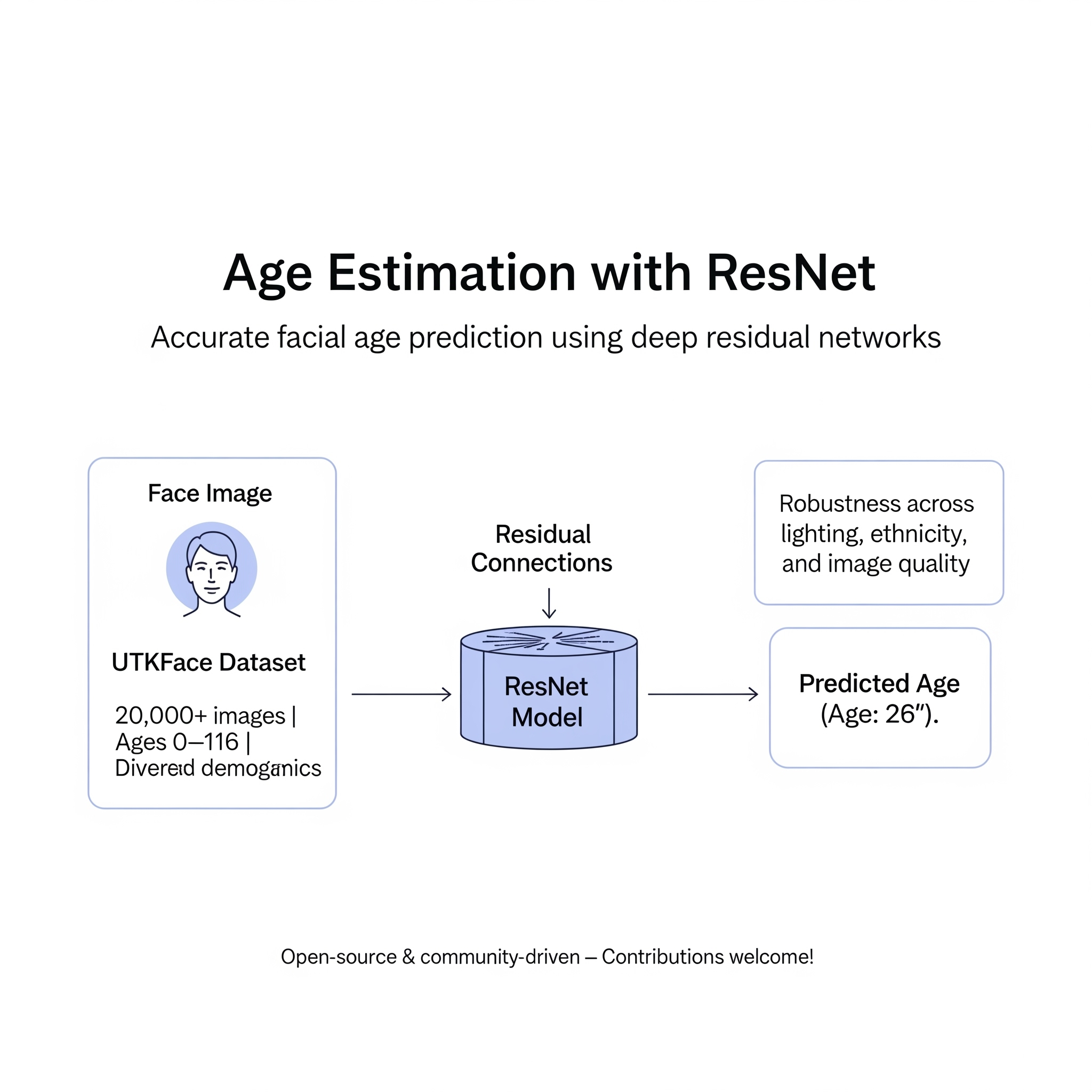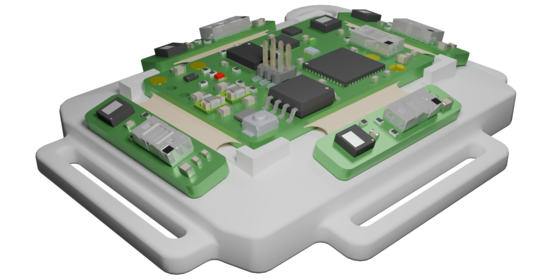DreamerAgent: A Computational Model of the Lacanian Unconscious Using Memory-Driven Signifier Activation and Neurochemical Emotional Modeling
This paper presents DreamerAgent, a novel AI framework that integrates Lacanian psychoanalytic theory with modern language and vision models to simulate a symbolic unconscious. Using dream narratives, emotional modeling, and memory-driven signifier activation, it enables AI agents to exhibit human-like symbolic complexity, contradiction, and emergent psychological behaviors.










